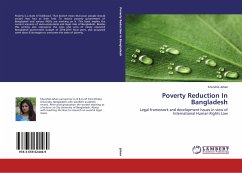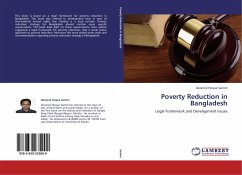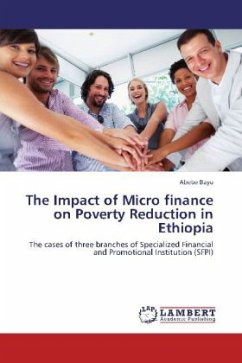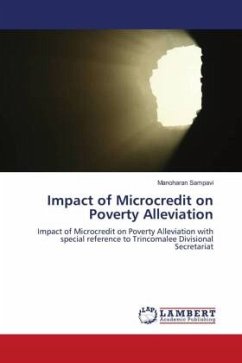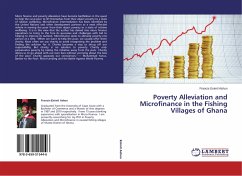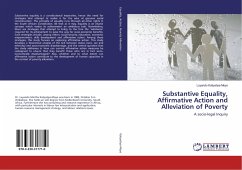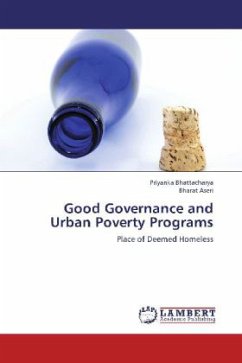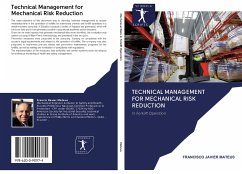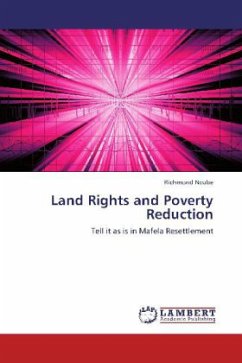
Land Rights and Poverty Reduction
Tell it as is in Mafela Resettlement
Versandkostenfrei!
Versandfertig in 6-10 Tagen
32,99 €
inkl. MwSt.

PAYBACK Punkte
16 °P sammeln!
In this book, I present critical facts about Land Tenure Systems and Poverty Reduction processes in Mafela Resettlement community. I focus mainly on the Post-Fast Track Land Reform (2004 2011) period and the interactive processes in this new resettlement area. The book - premised on the rights approach - presents land tenure rights systems and poverty reduction mechanisms seen by the Mafela community to be improving their livelihoods; it also seeks to show evidence linking tenure rights to poverty reduction and how land tenure rights governance systems affect their livelihoods. Suffice to say ...
In this book, I present critical facts about Land Tenure Systems and Poverty Reduction processes in Mafela Resettlement community. I focus mainly on the Post-Fast Track Land Reform (2004 2011) period and the interactive processes in this new resettlement area. The book - premised on the rights approach - presents land tenure rights systems and poverty reduction mechanisms seen by the Mafela community to be improving their livelihoods; it also seeks to show evidence linking tenure rights to poverty reduction and how land tenure rights governance systems affect their livelihoods. Suffice to say in both the animal kingdom and human world, territorial space and integrity, its demarcation as well as how resources are used within the space, given the area - calls for a - defined system of rights by the residents themselves. Whilst it is true that there is no one story about Zimbabwe s land reform (Scoones et al 2011), the contribution of this book towards insights emanating from the newly resettled farmers adds another invaluable contribution in the realm of rural development issues. The oft rigidified perceptions about the land reform in Zimbabwe finds critical analysis in this book.



